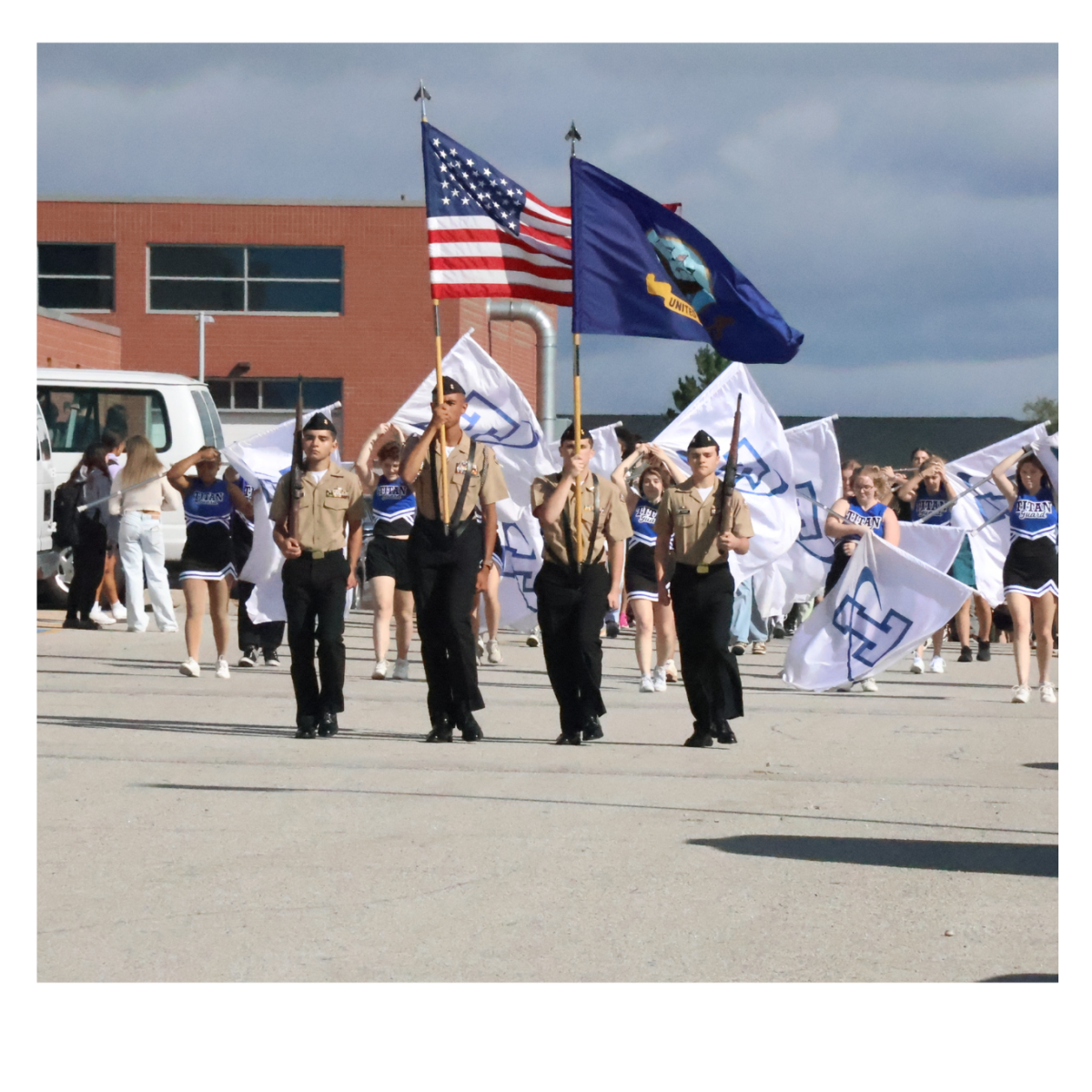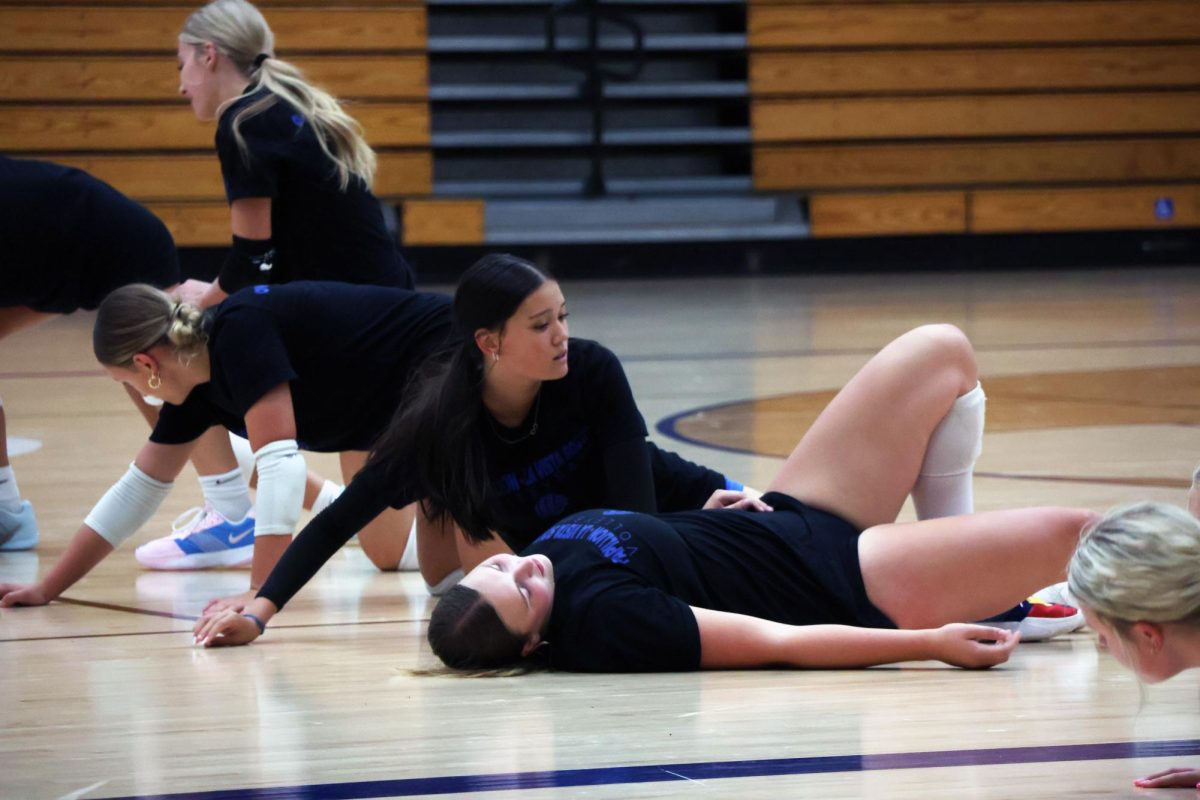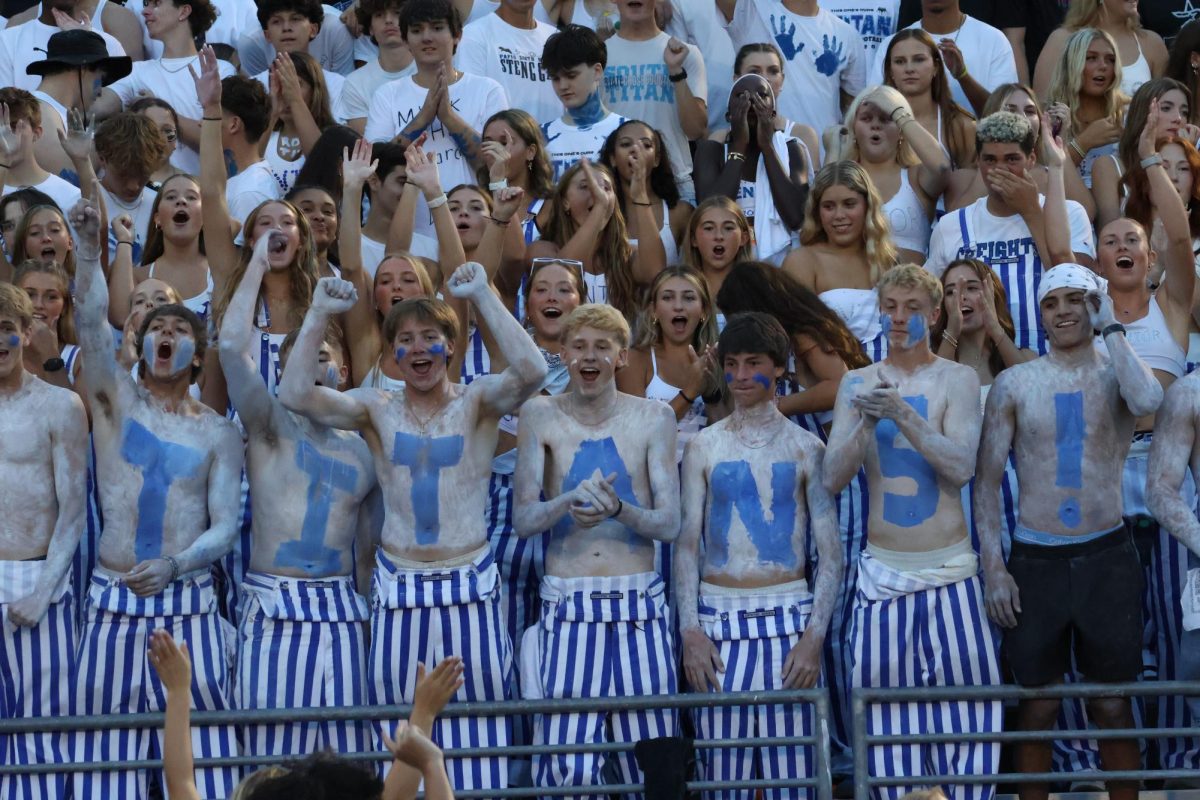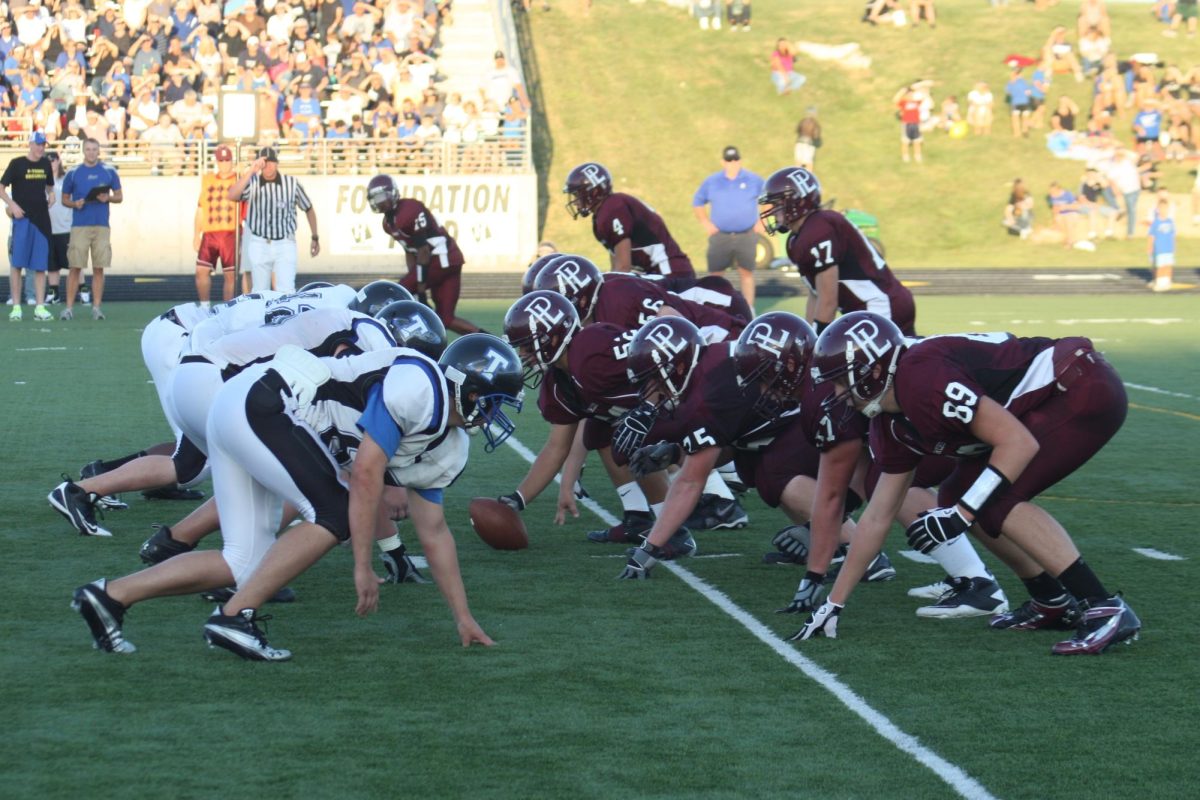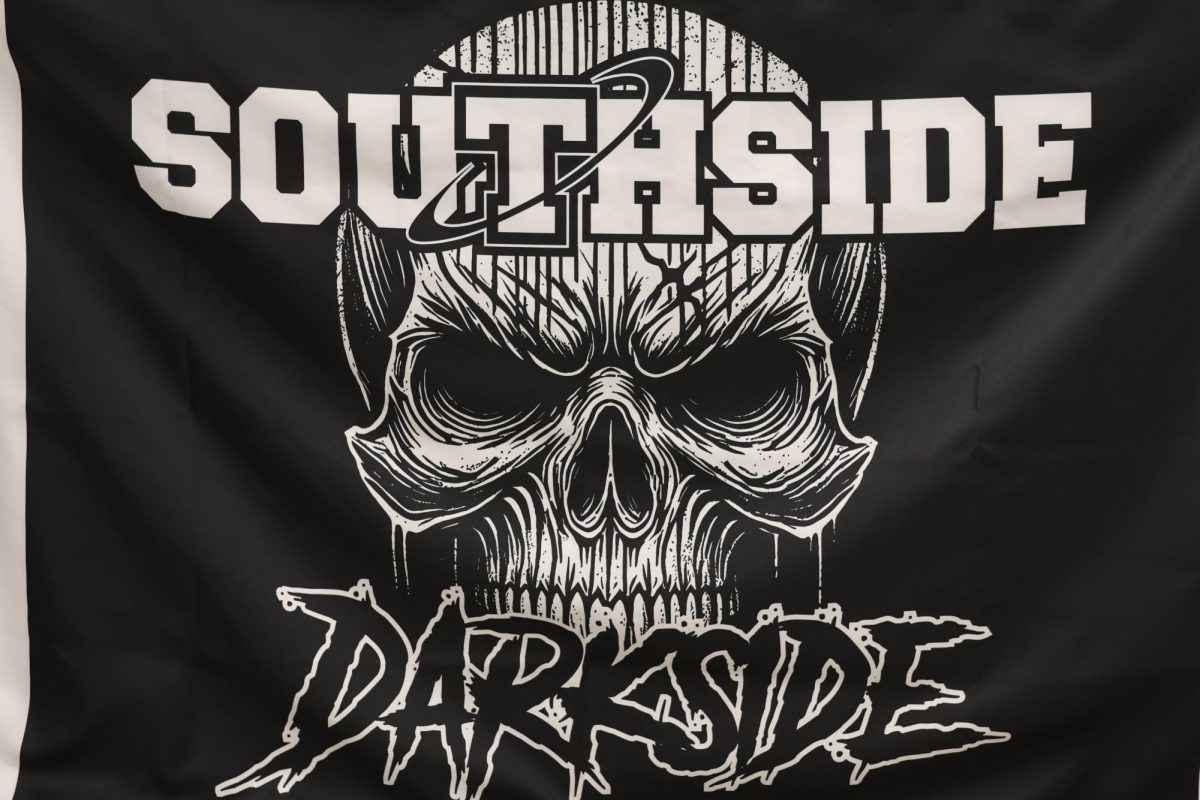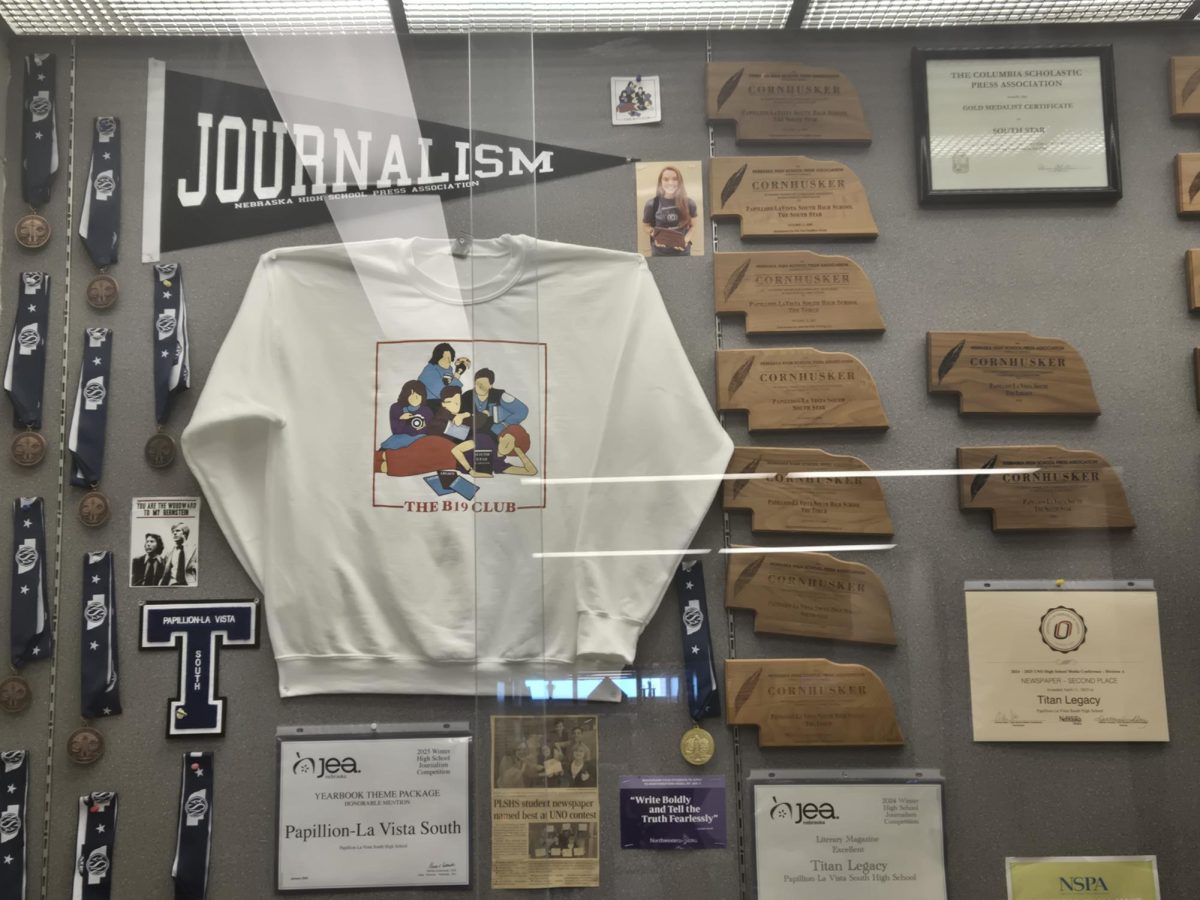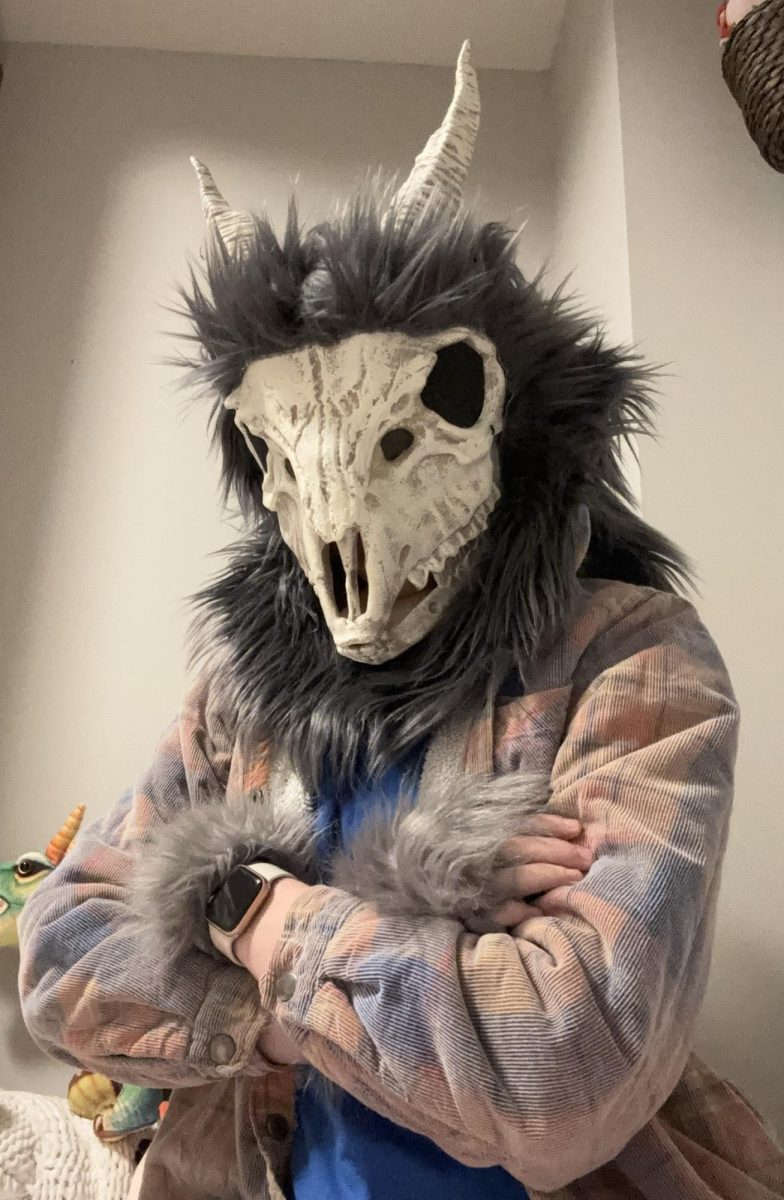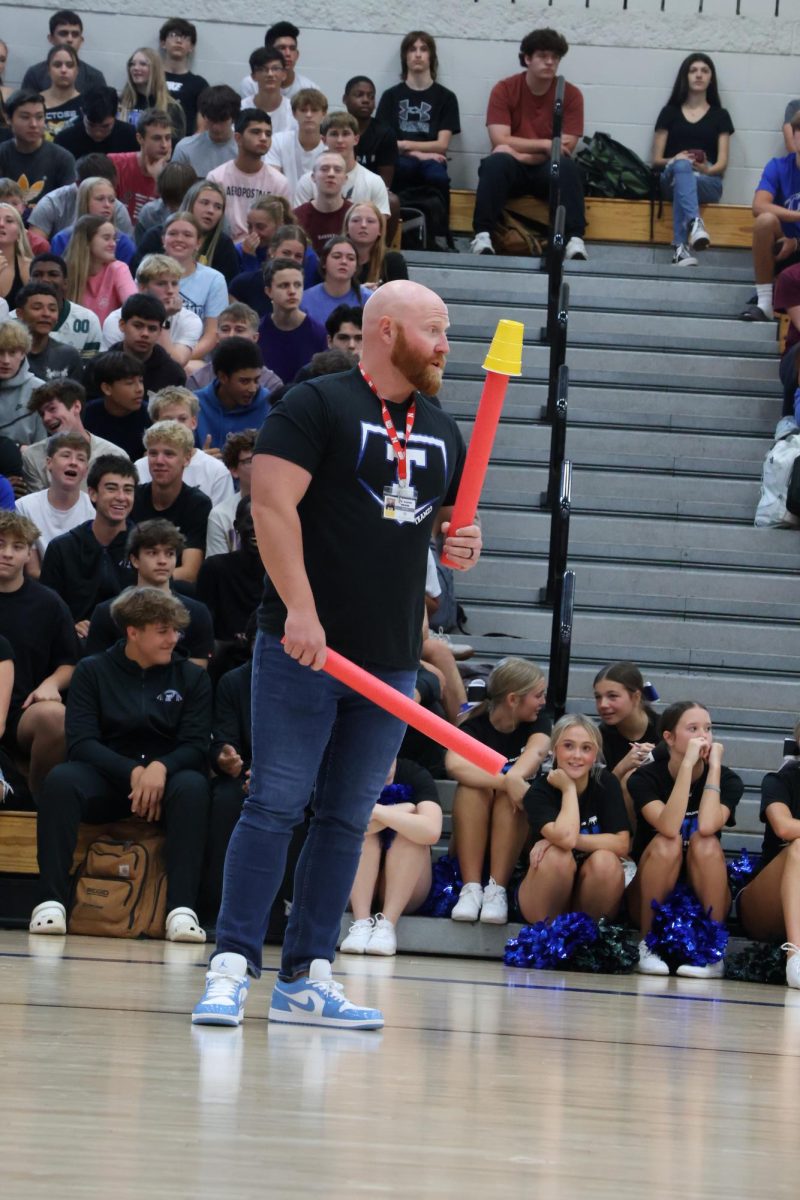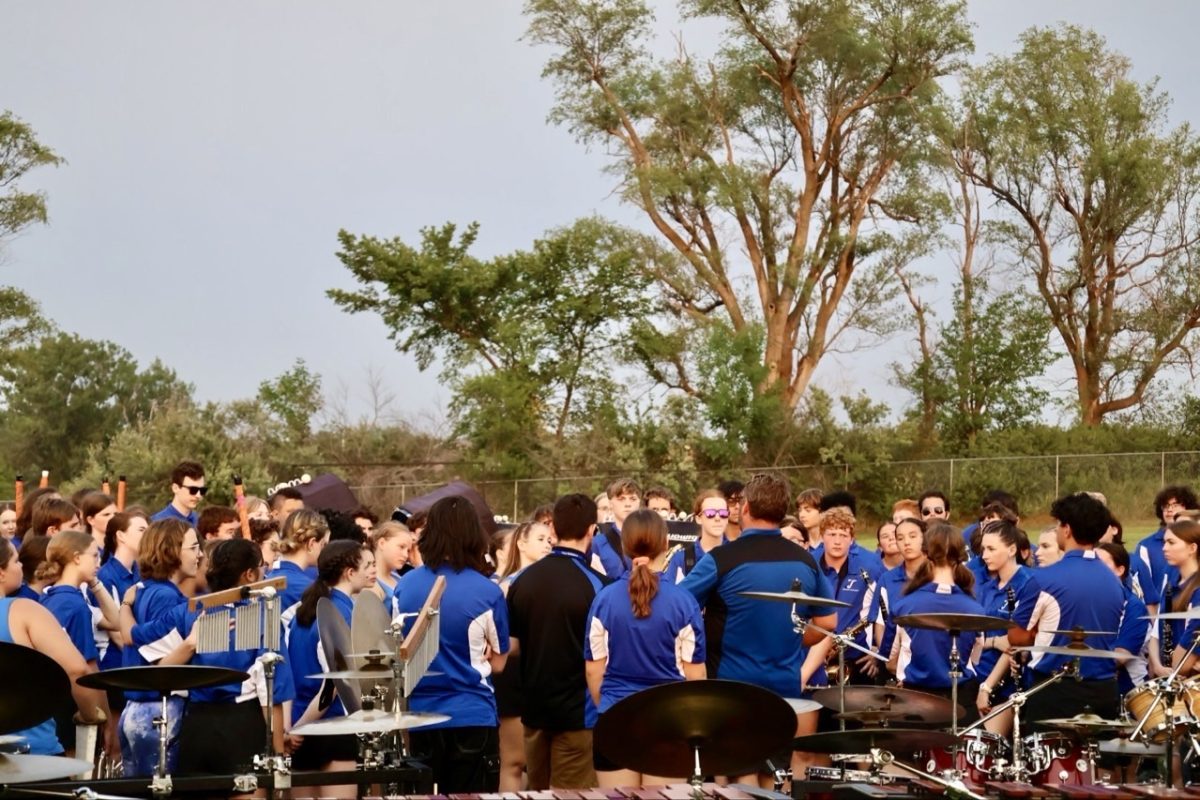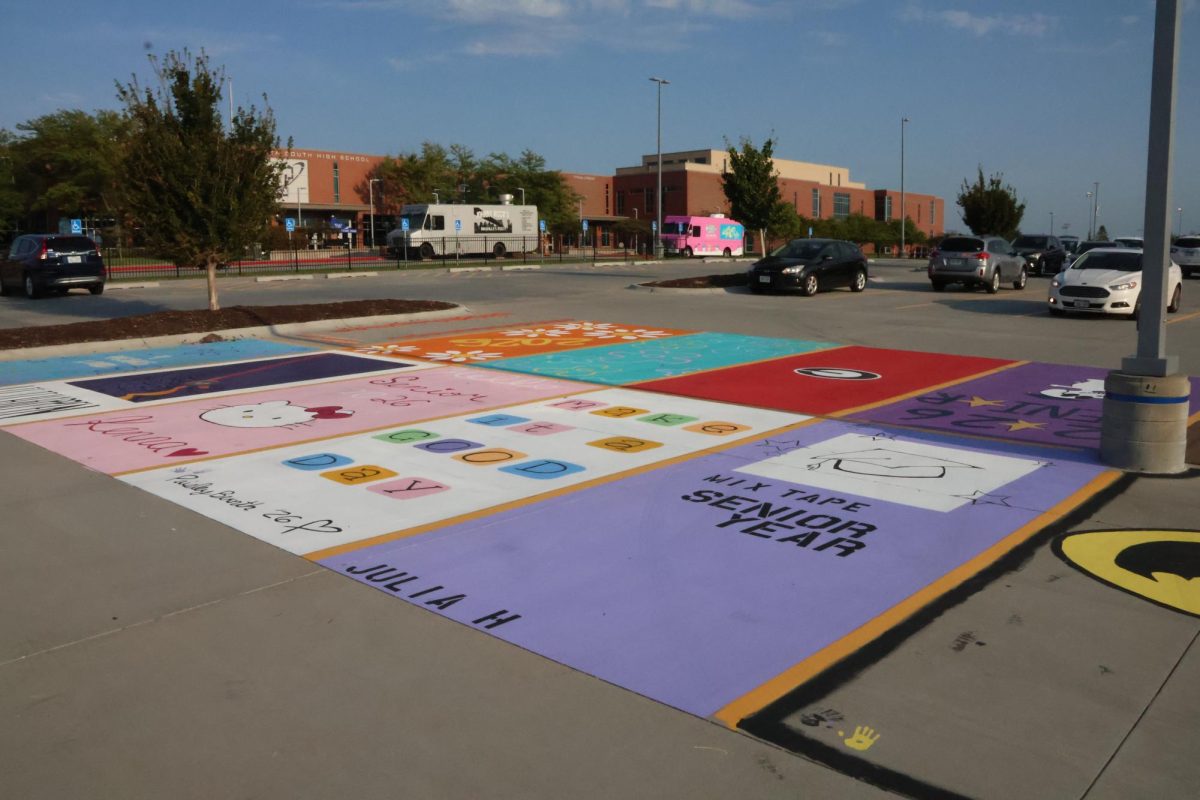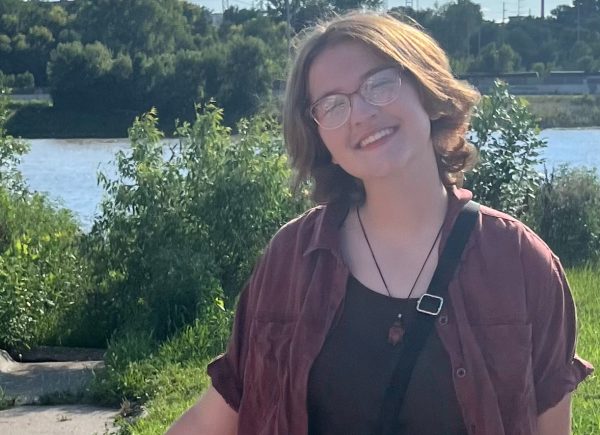Censorship silences G.I. student publication
October 1, 2022
Student speech rights are facing erasure at a Nebraska high school as a result of an authoritative decision to shut down student publications due to discomfort over LGBTQ issues. The Viking Saga, Grand Island Northwest High School’s student newspaper, had been in print for 54 years before it all came to a crashing halt in May 2022.
Prior to the publication’s shutdown, the Viking Saga was reprimanded in April. The publication was criticized for publishing its issue using staff members’ preferred names and pronouns in their byline. As a result, district officials required legal birth names as bylines in the school’s newspaper, and three transgender members of the staff were forced to publish under what is often referred to as a “dead name.”
“Traditionally from the beginning of journalism, journalists have chosen their byline,” said Michelle Hassler, director of the Nebraska High School Press Association. “It just shows a total disrespect for journalism.”
Nonetheless, the staff persevered and the students had three LGBTQ focused articles published under staff members’ birth names ready for their June issue. One about the “Don’t Say Gay” bill, another explaining the science of gender, and one discussing the history of Pride Month.
The issue, published May 19, was out for two days before the staff and students were notified of the newspaper’s elimination. By May 22, The Grand Island Independent newspaper and its advertising teams were emailed and told to cancel the Viking Saga’s printing services.
The Grand Island Independent was the first publication to cover the Viking Saga’s shutdown on August 24. The Independent reported the employee who emailed explained, “The cut was because the school board and superintendent are unhappy with the last issue’s editorial content.”
Also in the article, Zach Mader, the vice president of the Northwest Public School Board was quoted saying “there was … a little bit of hostility amongst some.”
Hostility is not what Hassler saw in the articles. “The stories about the science of gender and Pride Month are factually based and dispassionate. Those same stories could be found in a professional newspaper anywhere in the country”.
In the 1969 Supreme Court Tinker v. Des Moines, the court ruled that students do not shed their first amendment rights on campus. That case was brought to the court by students who had been suspended for wearing black armbands in protest to the Vietnam War, and the court ruled in the students’ favor.
On the other hand, 19 years later, the court ruled in favor of the school in the Hazelwood v. Kuhlmeier case in which the principal of Hazelwood East High School removed two stories discussing divorce and teen pregnancy from the school newspaper, leaving two pages blank. The verdict reinforced school administrators’ authority to set high standards for publications distributed by the school, giving them the authority to restrict what is published and dispersed.
What happened at Northwest High School tests that authority. Previous Supreme Court cases affecting student rights have not addressed the cancellation of a whole publication. Even though Northwest Superintendent Jeff Edwards has now said the newspaper hasn’t been canceled but put on a “pause,” the level of censorship remains the same.
Senior Legal Counsel at Student Press Law Center, Mike Hiestand, said in an interview with Titan Legacy that there are “valid arguments to make that this action did violate the First Amendment. That said, the U.S. Supreme Court significantly lowered the federal First Amendment protection available to most high school student journalists in its 1988 Hazelwood decision…”.
Hassler went further, assessing Grand Island Northwest’s action against its students: “Part of the Supreme Court decision says there has to be a good reason for censorship. They’re kind of subverting that whole ruling … it’s the worst form of censorship and just very disappointing.”
She believes it’s crucial for students and their adult allies to mobilize and figure out a way to prevent this kind of censorship from happening again. Both Hassler and Hiestand stressed the importance of the New Voices in Nebraska bill which was debated in last year’s Nebraska State Legislature. The bill would provide greater protection to student journalists, similar to anti-Hazelwood laws that have already passed in multiple states.
Hassler clarified that the bill would “Help provide high school students and advisers a shield from ramifications of censorship… it’s kind of a student journalist protection bill so that a superintendent couldn’t just pull a story without ramifications.”
Hiestand stated, “Had the Nebraska bill passed, what happened with the Saga could have quickly been fought and won.”
So what can students do to preserve their rights? Hassler notes the New Voices bill nearly passed in the last legislative session, indicating that “There is some support, so maybe the Grand Island case could provide some sort of motivation for some changes.”
Meanwhile, the Saga students are finding other outlets for their voices. Marcus Pennell, author of the Saga’s “Don’t Say Gay” Bill article was able to share his story in the Washington Post. His piece titled “My high school paper published a ‘pride’ issue. Then we got canceled.” addresses his experience and side of the story.
“I think having Marcus and the other students tell their story to a national audience, as they’ve been doing, has put administrators on notice and raised awareness amongst students,” Hiestand said, “that this sort of censorship is wrong and that these battles are worth fighting.”


![Pictured above is a structure that displays the names of Nebraska Vietnam veterans in order to “honor [their] courage, sacrifice and devotion to duty and country.”](https://plsouthsidescroll.com/wp-content/uploads/2025/10/Trey_092625_0014-e1760030641144-1200x490.jpg)
